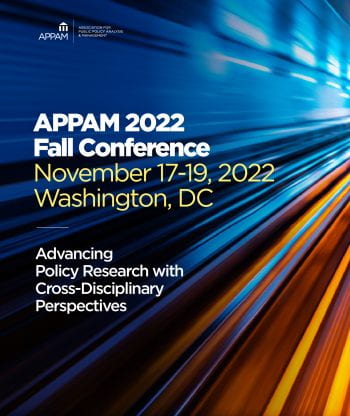Much of the literature on household finances tends to focus on discrete or relatively objective measures like savings, debt, economic mobility, and there has been a lack of research on holistic measures of financial well-being. This gap is due in part to the absence of a common understanding of how to define and measure financial well-being; a gap that was recently addressed by the Consumer Financial Protection Bureau’s development of a financial well-being scale. However, the research on this scale is still scarce and little is known about how financial well-being evolves over time. To that end, this paper uses a two-wave survey of low- and moderate-income tax filers to present the first longitudinal analysis of the CFPB’s financial well-being scale. Using a combination of descriptive analysis, OLS regression, and fixed effects panel regression, we assess (1) the stability of financial well-being over a six-month period; (2) the extent to which household characteristics predict volatility in financial well-being; and (3) the relationship between the experience of adverse financial events, including financial shocks and material hardships, and financial well-being. We find that financial well-being scores are extremely stable over the short-term, and that household characteristics are generally not strong predictors of financial well-being changes. We also find that, while adverse financial events like the loss of a job are significantly associated with declines in financial well-being, these changes are not large. These findings have implications for researchers and practitioners interested in using the financial well-being scale in program and policy evaluations.












